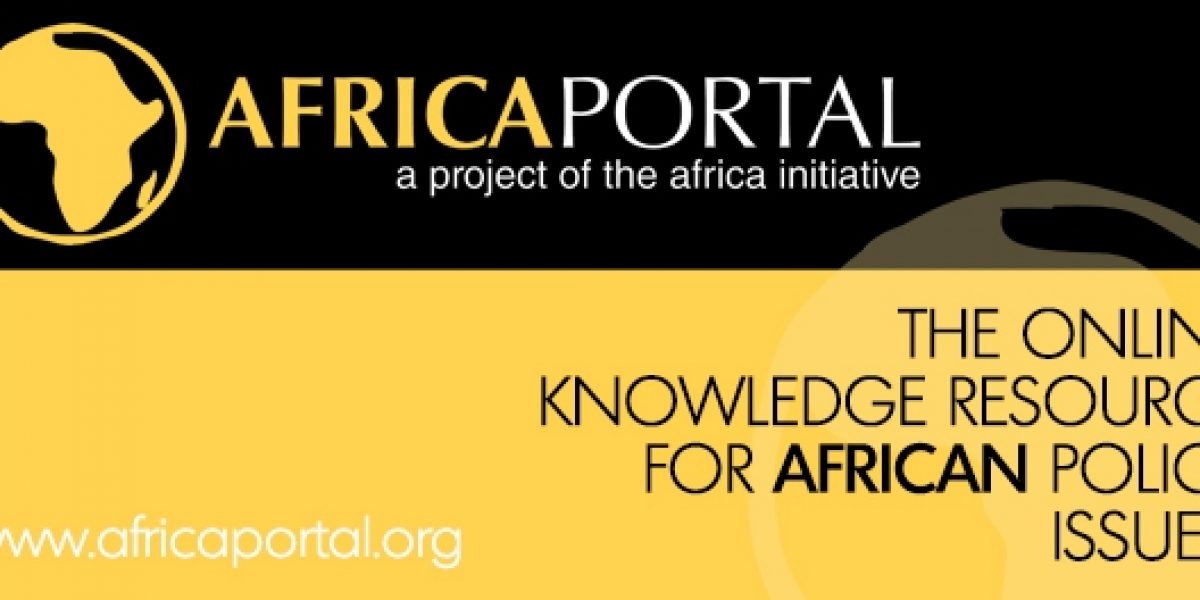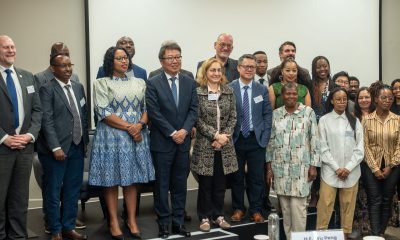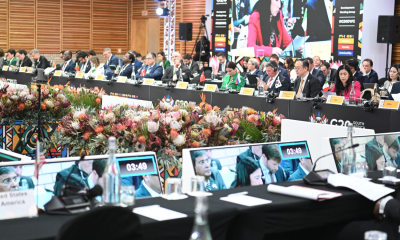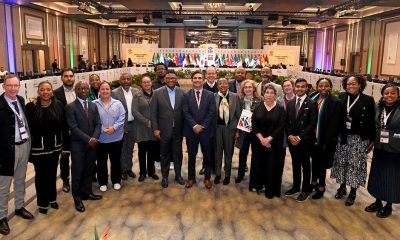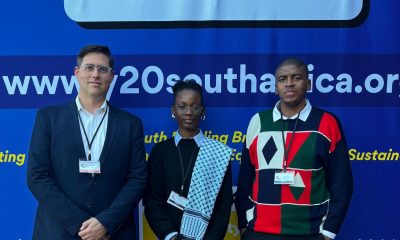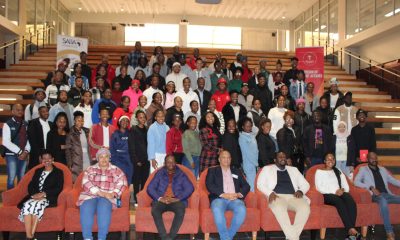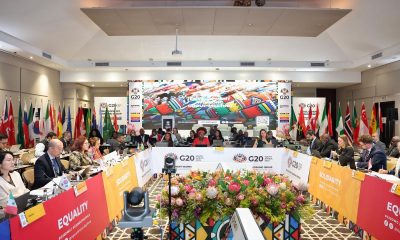This means that its popularity has grown substantially in the continent with policymakers and researchers on African issues increasingly using the Portal as a source of reference.
SAIIA’s Chief Librarian, Ms Renette Collins, says no one anticipated this level of support for an open access source for quality policy briefs, conference papers and working documents on the continent’s issues. However, “the journey of convincing think-tanks to contribute their research documents has not always been easy,” she explains. “Some think-tanks had just started to publish online having established their own websites during 2010 and a few had progressed into digitising their research work. They were genuinely concerned that by contributing their research work to the Portal they could be reducing traffic to their own websites and encouraging potential visitors to go the Portal instead,” she says.
Ms Collins says that over the subsequent months they have shown that think-tanks are actually benefiting considerably through their contributions of research material to the Portal as visitors are likely to immediately move to the institution’s own websites. This means that their outreach into the continent and internationally has increased and their profiles have grown as policymakers and researchers search for more information.
The Africa Portal is a joint venture by the South African Institute of International Affairs (SAIIA) and the Centre for International Governance Innovation (CIGI) in Canada.
Ms Collins says the Portal has quickly gained credibility as a reliable source of knowledge for scholars and researchers working on the continent’s responses to policy challenges. The content partners have contributed over 4500 documents of which 80% are about African policy dynamics. “This makes the content of documents truly African,” she emphasises.
One of the benefits for think-tanks to participate is the fact that many institutions that had previously not been able to digitise their documents into electronic copy are using the facilities of the Africa Portal to do so. The Botswana Institute for Development Policy Analysis (BIDPA) is one of the partners that has done so, says Ms Collins.
She says the Portal includes documents dating back to the 1960s which are often the most downloaded source of reference by online visitors. When the Portal started in 2010 it took only a few months into 2011 to attract at least 67,637 unique visitors and by 2013 the traffic of policymakers and researchers reached 23,642 unique visits. The top five countries that generate most visitor traffic are the US, UK, Kenya, Ethiopia and South Africa. The top five African cities for users are Addis Ababa, Lagos, Nairobi, Kampala and Accra.
The top 5 documents downloaded in the last 6 months were:
- Onjala, Joseph (2010): The Impact of China-Africa Trade Relations: The Case of Kenya
- Geda, A (2010): Impact of China-Africa Investment Relations: Case Study of Ethiopia
- Osei-Tutu, J (2011): The Root Causes of the Somali Piracy
- Ekpenyong, D (1992): Small and Medium-Scale Enterprises in Nigeria: their Characteristics, Problems and Sources of Finance
- Godfrey, S (2007): The State of Collective Bargaining in South Africa
According to Jonathan Stead, SAIIA’s Marketing and Communications Director, a major advantage for users is that there is no charge to access the “content from multiple sources across Africa” and that no registration is necessary. The Portal has a sophisticated search engine linked to Google search engine and it also contains a list of experts working in African think tanks.
Mr Stead recently presented the Portal to members of the European External Action Service in Brussels who work on African policy issues, and also marketed it to colleagues at the Organisation for Economic Cooperation and Development (OECD) who prepare the prestigious African Economic Outlook and country reports on key African states. The Portal was very well received and the OECD volunteered to place the Portal link on their intranet as a resource for researchers working on Africa.
“We would like the Portal to be the main source of information for policymakers and researchers on a variety of African issues such as economic development, climate change, health, migration, conflict resolution, peace and security, and food security.” Ms Collins says.
The Portal has started adding French material with abstracts translated into English. Due to costs related to translation, the Portal has not yet fully translated French documents to English. “We hope we will soon have resources to translate and upload documents written in Portuguese and other major languages spoken in the continent. This next step will ensure we are truly the hub for African policy research documentation,” she says.

